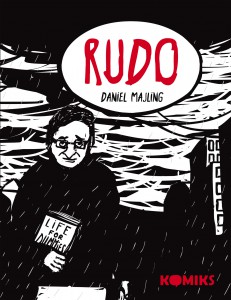At Asymptote the very notions of equality and social justice are embedded within our advocacy for a more inclusive world literature. Past projects like 2014’s ”Say Ayotzinapa,” responding to the kidnapping of 43 Mexican students, and an entire Special Feature, in our Spring 2017 edition, spotlighting authors from countries targeted by Trump’s #MuslimBan, speak fully to this. The current devastating moment surely calls for collective action again, and so, in this new column at the blog, published henceforth every Saturday, we will be gathering new work—poetry, fiction, essays, and translations thereof—responding to the war, now in its third week. May these pieces offer hope and strength in turbulent times even as they express outrage on behalf of and support for Ukrainians.
For our inaugural column, editor-at-large Thuy Dinh translates into English for the first time an iconic Vietnamese poem, originally written in December of 1956. Through this work, South Vietnamese poet Thanh Tâm Tuyền expresses solidarity with Hungarian revolutionaries who struggled against Soviet forces. Though published decades prior, the visceral imagery of these lines still evoke empathy for those ardently resisting the invasion of their homeland.
Let Me Cry with Your Eyes My Love Affair with Budapest
Let me cry with your eyes
My love affair with Budapest
My heart and yours each of us a heart
They fill the streets with artillery tanks.
Let me harness the anger in your breasts
As they fire steel into lipstick-shaped muzzles
At each crossroad my face becomes a barricade.
Let me howl from your throat
As the bright morning takes wing
They knock us down like bricks
Drunk in their kill-lust
The way we thirst for the future.
Let me seethe with your cheeks
While they seal off border routes
Our joined fingers flutter like breath
My body waits.
Let me trade my sleep for your
Stress-riven, bullet-grazed forehead
It’s never night for night never comes
They attack in the morning it lasts forever.
Let me die in your skin
Threaded into the tanks’ endless tracks
I will live by your breath
O the ones in your stead
Let me cry with your eyes
My love affair with Budapest.
Thanh Tâm Tuyền
December 1956
Translated from the Vietnamese by Thuy Dinh
Interested in submitting your own work to this column? Send it to the “We Stand with Ukraine” section of our Submittable portal here—fees will be waived for this particular category. We look forward to reading your responses. READ MORE…




